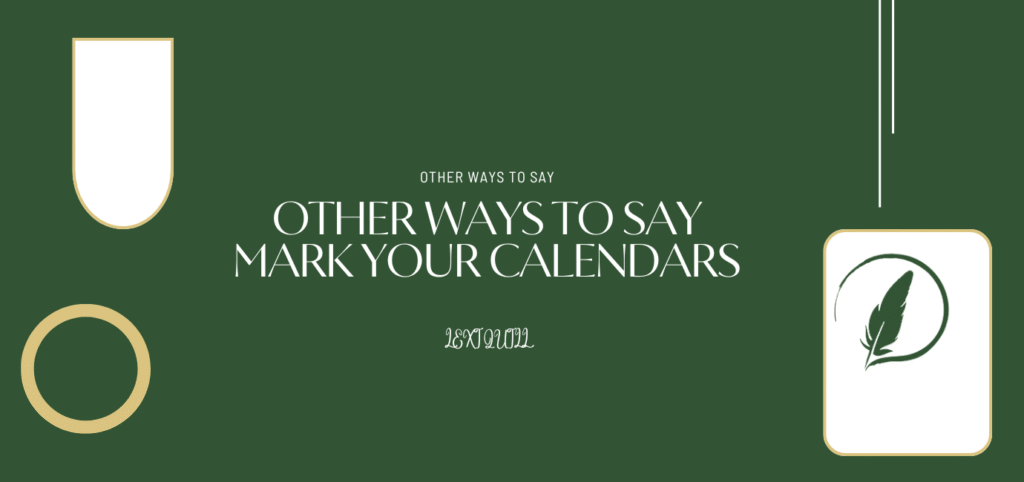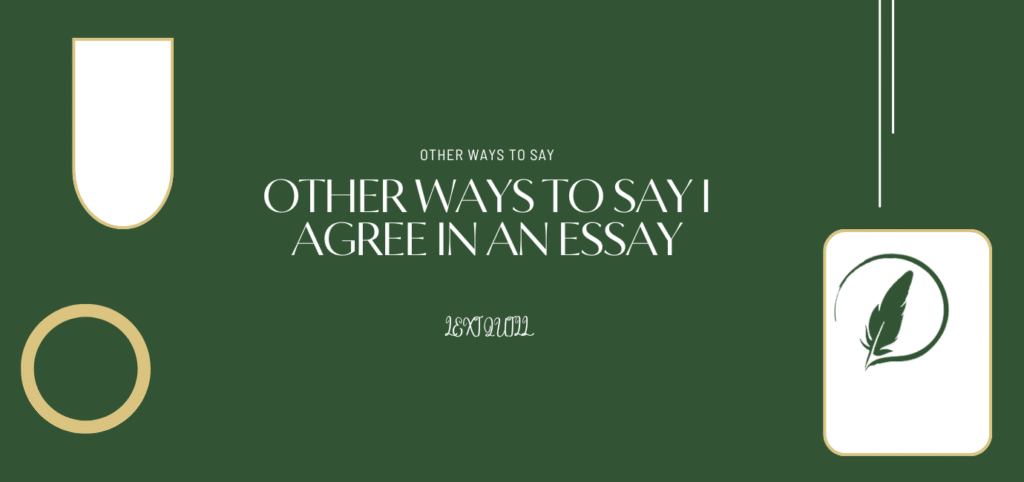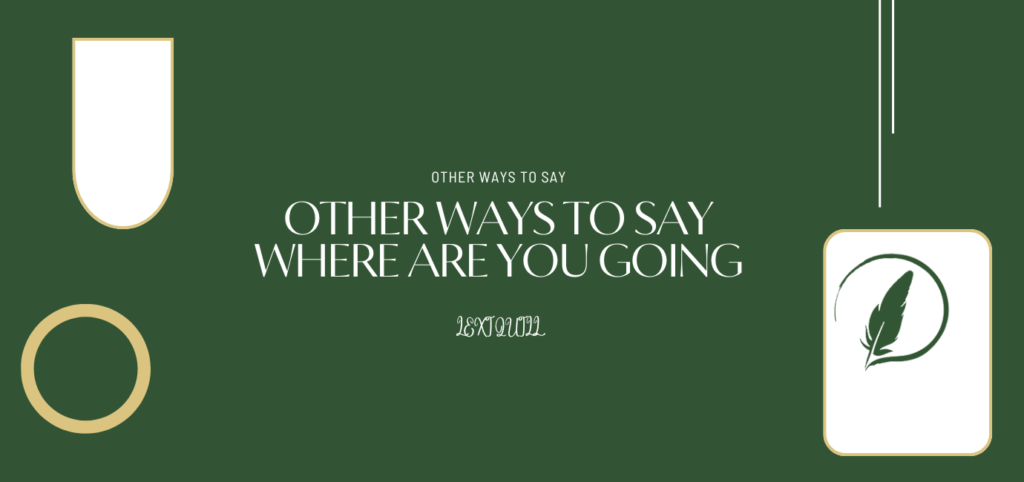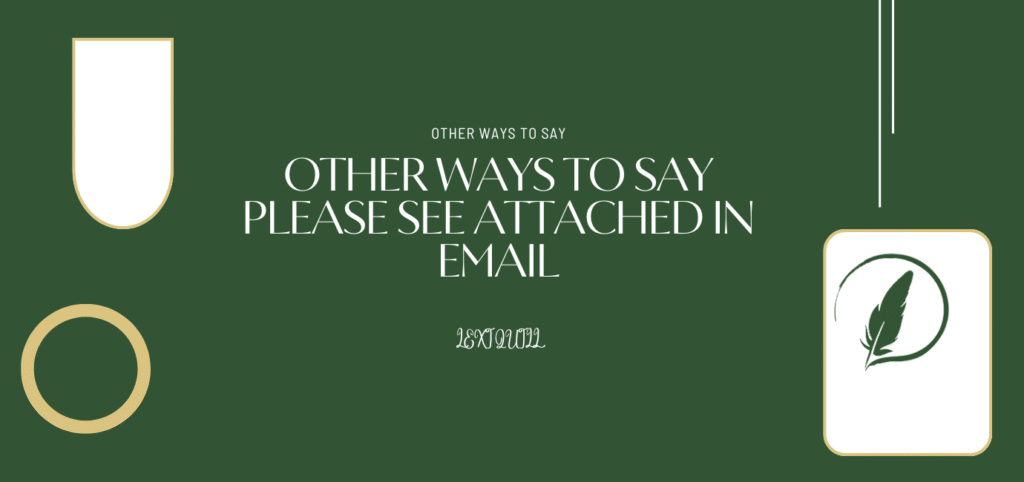Welcoming someone back is more than just a formality it’s an opportunity to show appreciation, affection, or excitement. Whether someone is returning from a vacation, a long absence, or a temporary leave, your choice of words can leave a lasting impression. While “Welcome back” is widely used, finding creative and heartfelt alternatives can enhance the warmth and sincerity of your message.
Why Use Alternatives?
Using different ways to say “Welcome back” gives you the flexibility to tailor your greeting to fit the occasion, the nature of your relationship, and the tone you wish to convey. A formal setting may require a professional tone, while a casual or personal reunion calls for more relaxed and affectionate expressions. These alternatives also add emotional depth, showing the returning person that their presence was truly missed and is genuinely appreciated.
1. Great to See You Again
This phrase conveys a sense of joy and familiarity, perfect for both personal and professional contexts. It emphasizes your happiness at seeing the person again and works well whether it’s been days, weeks, or even years.
Example: “It’s great to see you again! We’ve missed you around here.”
2. Glad to Have You Back
A friendly and warm expression that highlights how much their presence matters. It’s often used in workplaces, classrooms, or group settings to reinforce a sense of belonging.
Example: “Glad to have you back in the office. Things just weren’t the same without you!”
3. Nice to Have You Back
This phrase strikes a balance between cordiality and comfort. It can be used in various environments, from formal to informal, and still feel welcoming.
Example: “Nice to have you back! I hope your trip was everything you hoped for.”
4. Welcome Home
Often used for someone returning from a long journey or extended time away from their actual home. It carries emotional weight and a sense of comfort.
Example: “Welcome home! The house hasn’t felt the same without you.”
5. We Missed You
A simple yet powerful way to let someone know that their absence was noticed and their return is cherished. It conveys affection and appreciation.
Example: “We missed you! It’s so good to see you back again.”
6. It’s Been Too Long
This phrase underscores the amount of time that has passed and subtly encourages reconnection. It’s both nostalgic and welcoming.
Example: “It’s been too long! Let’s catch up soon, there’s so much to talk about.”
7. Look Who’s Back!
A playful, cheerful way to acknowledge someone’s return. It’s great for informal and lighthearted reunions.
Example: “Look who’s back! I bet you’ve got some stories to share.”
8. So Happy to See You Again
This greeting expresses genuine emotion and affection. It’s best used when you truly want to let someone know how meaningful their presence is to you.
Example: “So happy to see you again! Your smile has been missed.”
9. Back Where You Belong
This phrase carries a strong emotional tone, making the returning person feel valued and appreciated. It works well in personal and team settings.
Example: “Back where you belong! We’ve been counting the days.”
10. You’re Finally Back!
Perfect for expressing relief and excitement, especially if the person has been gone longer than expected. It adds a dramatic yet affectionate touch.
Example: “You’re finally back! We’ve got so much to catch up on.”
Final Thoughts:
A warm and thoughtful welcome can transform a simple return into a memorable moment. By using creative and heartfelt alternatives to “Welcome back,” you’re not just acknowledging someone’s return, you’re making them feel seen, appreciated, and valued. Whether it’s a colleague returning to work, a friend coming back from vacation, or a loved one reuniting after a long separation, these phrases help ensure the homecoming is filled with warmth and connection.








